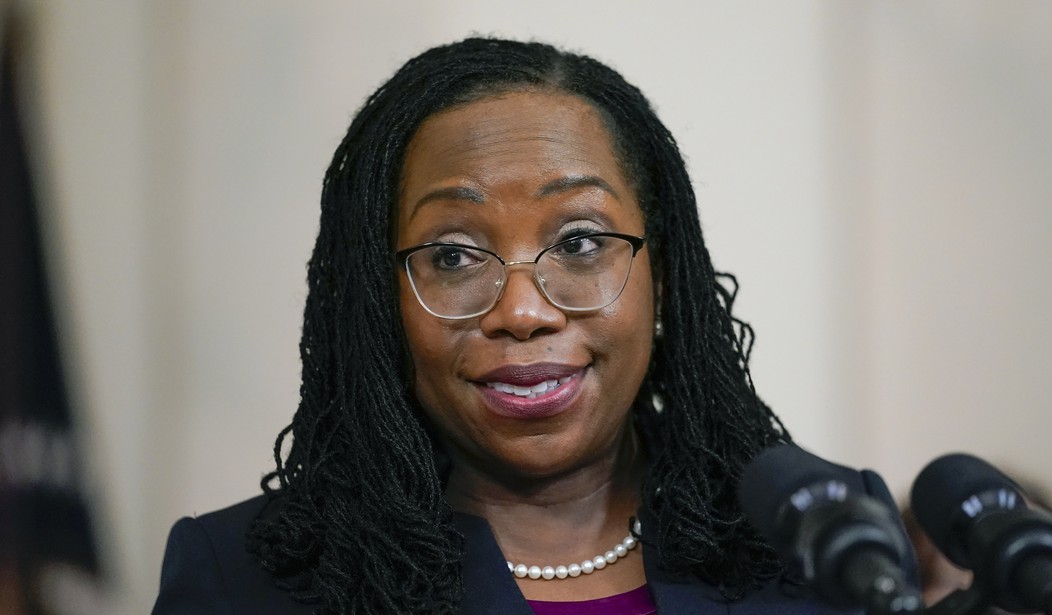Senate Judiciary Committee Chairman Dick Durbin (D-IL) announced Wednesday that the confirmation hearings for Ketanji Brown Jackson would begin on March 21st as Judge Jackson began meeting with members of the Senate to answer questions about her judicial philosophy and work on building support for her nomination.
The hearing on the 21st will include statements from Judiciary Committee members and Judge Jackson, after which Biden's SCOTUS nominee will face questions from the committee on the 22nd and 23rd. A closed session on the 23rd will also be held to go over the FBI's background report on Judge Jackson. The 24th is slated to be the final day of Jackson's hearings and include additional testimony from outside witnesses.
Chairman Durbin, along with Senate Majority Leader Chuck Schumer, is clearly hoping to get Judge Jackson's confirmation hearings done quickly so the full Senate can move on to voting on her confirmation by mid-April.
Durbin's timeline for the hearings gives Judge Jackson less than three weeks in which to meet with members of the Senate as the White House works to shore up Democrat support and try to sway Republicans to vote for Biden's nominee. Former Democrat Senator from Alabama Doug Jones is serving as Jude Jackson's "sherpa" who will be by her side throughout her courtesy meetings with senators.
On Wednesday, Judge Jackson is scheduled to meet with Majority Leader Schumer and Chairman Durbin along with Republican Senators Mitch McConnell and Chuck Grassley as talks with lawmakers kick off.
While those conversations with Democrats are expected to generally go smoothly, Judge Jackson's past record with the law and as a judge is sure to raise objections from Republicans.
Recommended
As the Judicial Crisis Network's Carrie Severino pointed out last week, Judge Jackson's previous legal work included "drafting an amicus brief on behalf of pro-abortion organizations in a buffer zone case in which she repeatedly disparaged the peaceful and often prayerful clinic protesters as engaging in 'in-your-face' and 'chaotic' activity that somehow fell short of 'pure speech," as well as representing "several Guantanamo Bay detainees as a public defender" something she continued "on a pro bono basis after moving back to private practice."
As a district court judge, Jackson's decisions include halting the Trump administration's efforts to expedite the removal of illegal aliens and Trump's efforts to curtail labor union power. Several of Judge Jackson's decisions against the Trump administration's actions were ultimately reversed by the D.C. circuit, another point on which skeptics could open a line of questioning about her interpretation of the law.

























Join the conversation as a VIP Member